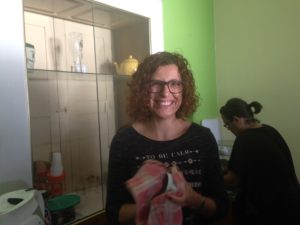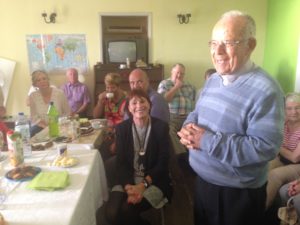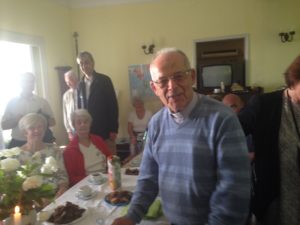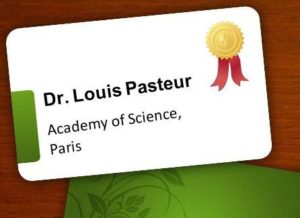Scripture Readings 25th December 2016, Nativity of the Lord, Year A
Midnight: Isaiah 9:1-7; Psalm 95; Titus 2:11-14; Luke 2:1-14.
Dawn: Isaiah 62:11-12; Psalm 96; Titus 3:4-7; Luke 2:15-20.
Day: Isaiah 52:7-10; Psalm 97; Hebrews 1:1-6; John 1:1-18.
Around 720 BC Judah was threatened by many enemies. Isaiah advised the kings to stand firm, because the Lord would give a sign: “the maiden shall be with child”. The birth of a helpless baby gives hope for the future. But this future must be founded on justice and integrity. Early Christians adopted these words as a marvellous way to celebrate the birth of Jesus.
Written over 60 years after Jesus’ birth, Paul’s summarises the gospel to Titus: a compassionate God chose to offer us the free gift of being “at one” with him. But God’s revelation of salvation in Christ demands we transform our lives and “give up everything that does not lead to God”. The reading from Hebrews tells us that God has spoken to us through his son, who is “the perfect copy of his nature”.
Luke places the birth of the Christ firmly in time and space. Jesus was a man born miraculously to a virgin in Bethlehem in Judea. The peace and quiet of the undercroft, where animals gave warmth, must have been a welcome relief for Mary, after the noise and bustle of the inn. The simplicity of Jesus’ birth is important: God comes as a vulnerable baby to draw us into a relationship with him. The royal birth announcement was sent not to royalty, but to poor shepherds, outcasts excluded from Temple worship by their occupation. Joseph, of the house of David, named Jesus as his son. Jesus lived in history, growing up in Nazareth in Galilee.
By the time John’s gospel was written, Christians had come to realise that Jesus had existed as the Word of God before time began. So John’s prologue seeks to describe the complexity of the creator becoming part of his own creation.
Psalm Responses:
Midnight: Today a saviour has been born to us; he is Christ the Lord.
Dawn: This day a new light will shine upon the earth: the Lord is born for us.
Day: All the ends of the earth have seen the salvation of our God.



